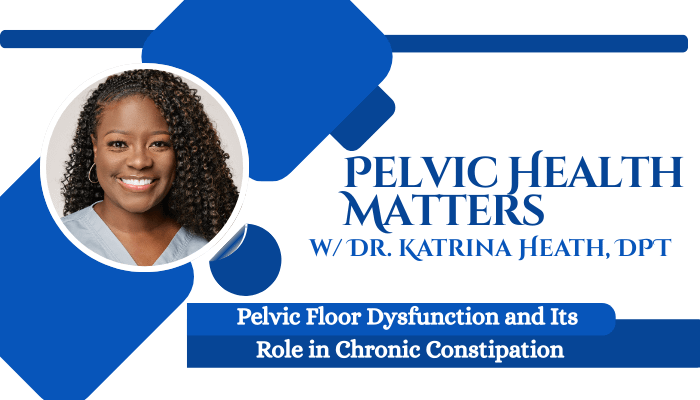Guide to Lake Norman Nightlife – January 29 – February 1, 2026
- Guide to Nightlife in Lake Norman

Constipation is a common yet often unspoken concern that affects people of all ages. Despite the discomfort it causes, many individuals don’t recognize its signs or seek appropriate treatment. Functional constipation, also referred to as chronic idiopathic constipation, can occur even if a person has daily bowel movements. Diagnosis is based on the Rome IV criteria, which includes two or more of the following symptoms persisting for at least three months:
Individuals meeting these criteria should consult a gastroenterologist and consider pelvic floor physical therapy as part of their care.
Pelvic floor physical therapists play a vital role in managing functional constipation. They assess posture, spinal and hip mobility, and pelvic floor muscle coordination. In many cases, individuals bear down improperly—tightening rather than relaxing—making defecation more difficult.
Therapists use techniques such as manual therapy, biofeedback, relaxation training, and guided breathing to restore proper muscle function. They also educate patients on ideal toileting posture, like using a footstool to elevate the knees above the hips, which reduces strain and improves bowel efficiency.
Additionally, therapists may introduce abdominal massage techniques and offer behavioral strategies to support long-term bowel health.
For residents in the Lake Norman area, J Heath Therapy offers mobile pelvic floor physical therapy in the comfort of your home. For more information or to schedule an appointment, contact Dr. Katrina Heath at dr.kat@jheaththerapy.com or call 704-412-6441.


